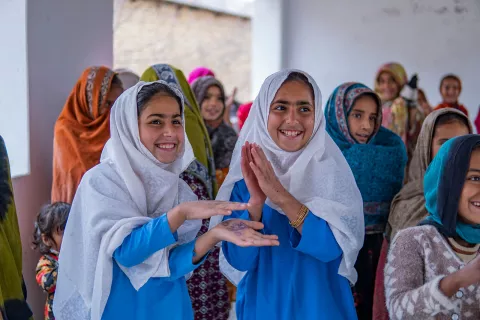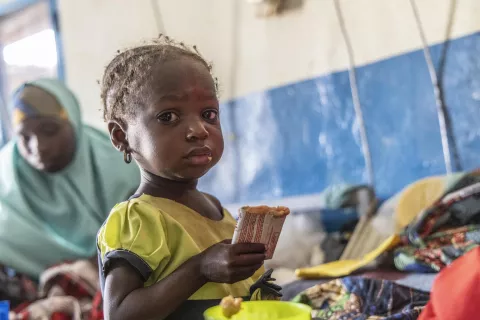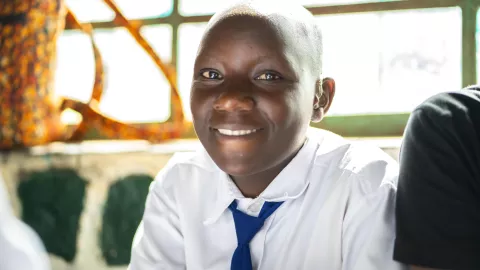Supply Annual Report 2008
The report provides detailed statistics on UNICEF's local and international procurement and other key results.
Highlights
Every day an estimated 26,000 children under the age of five die around the world – deaths that are mostly preventable. Disease, malnutrition, lack of clean water and sanitation, conflict and natural disasters continue to cost children their lives.
For countless others, these realities, coupled with a lack of a basic education, impact their ongoing development and future. For more than 60 years, UNICEF has been working hard to combat this situation. Together with the global humanitarian community, and in line with the Convention on the Rights of the Child, UNICEF is responsible for helping achieve the Millennium Development Goals (MDGs) by 2015.
To this end, the work of UNICEF focuses on six core areas:
• Child survival and development
• Basic education and gender equality
• HIV/AIDS
• Emergency response
• Child protection
• Policy analysis, advocacy and partnerships for children’s rights
At the midpoint of the drive to achieve the MDGs, significant progress has been made, but there is much yet to do. Vital to our continued efforts is the availability and timely delivery of thousands of items including vaccines, medicines, nutrition, education, and water and sanitation supplies. We are employing strategies to ensure the necessary focus on essential commodities which have the highest impact on under-five mortality. Through improved systems, more accurate forecasting, integration with programmes, implementing partners and suppliers, Supply is committed to ensuring the global availability of these goods. But availability is just one part of the equation. Priority is also being placed on ensuring these commodities reach children efficiently. This dual commitment to ensuring global availability of supplies and their local delivery is a core thread that runs throughout this report. The report also highlights a number of Supply’s key achievements in 2008 and ongoing focuses and commitments for 2009 and beyond.




